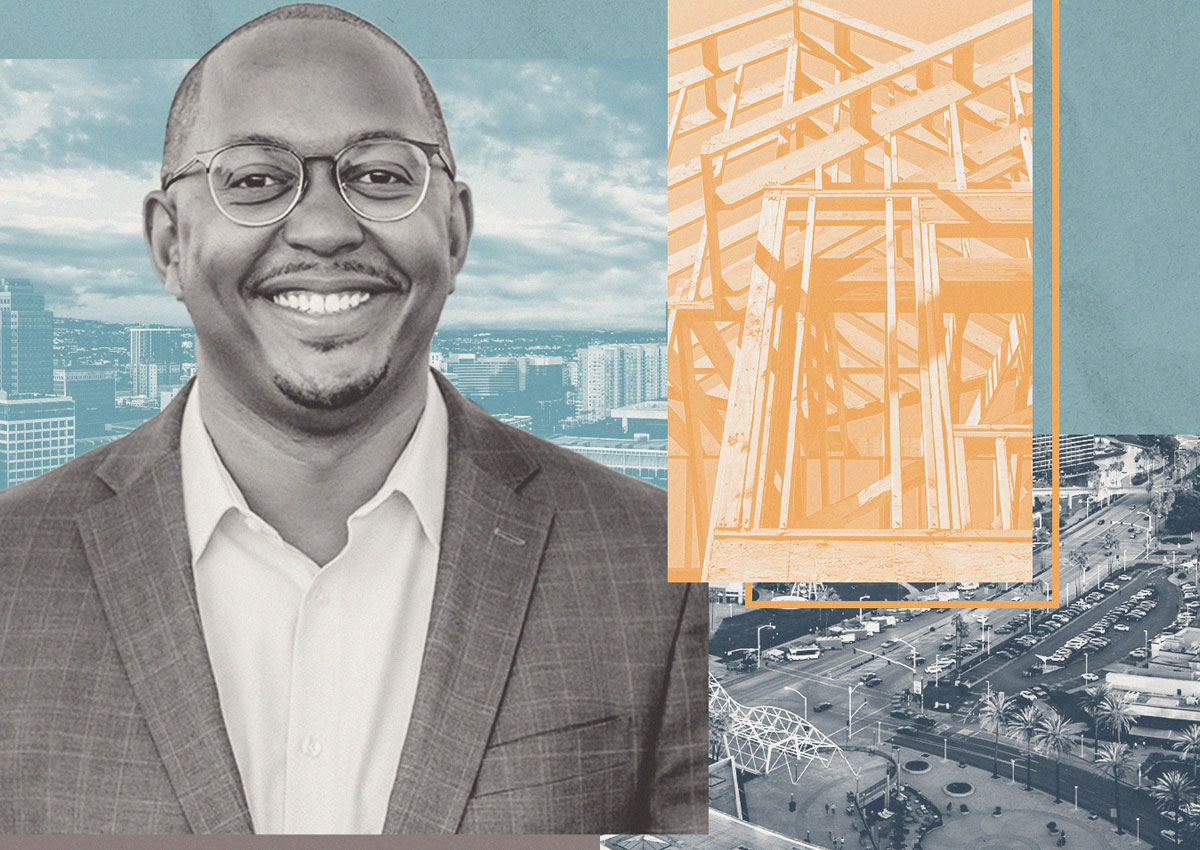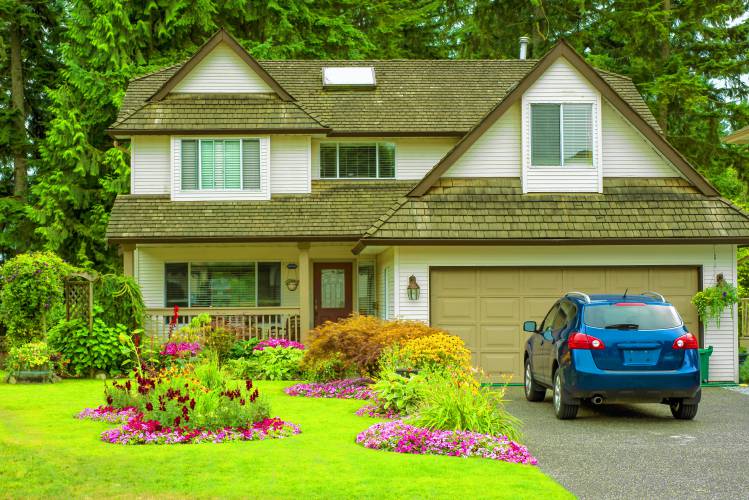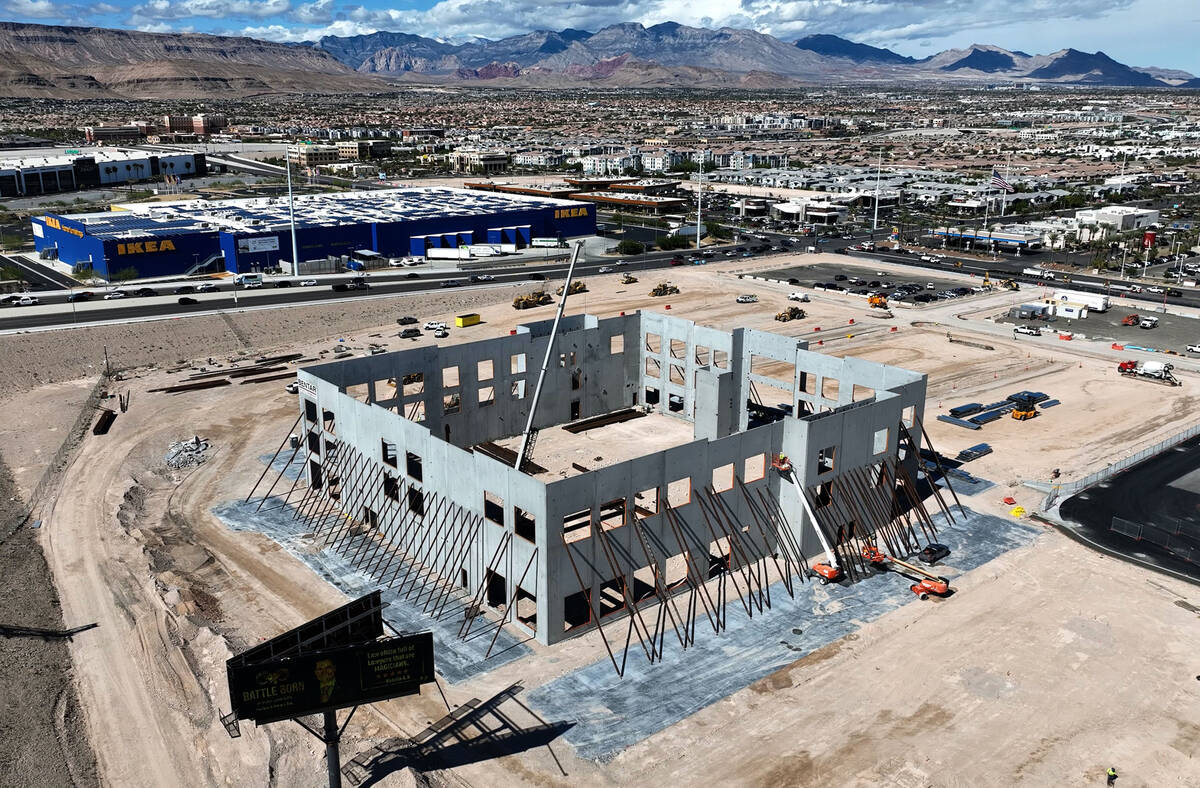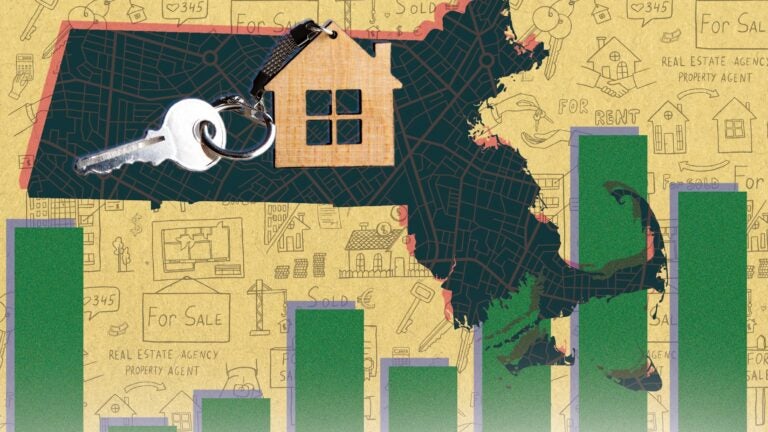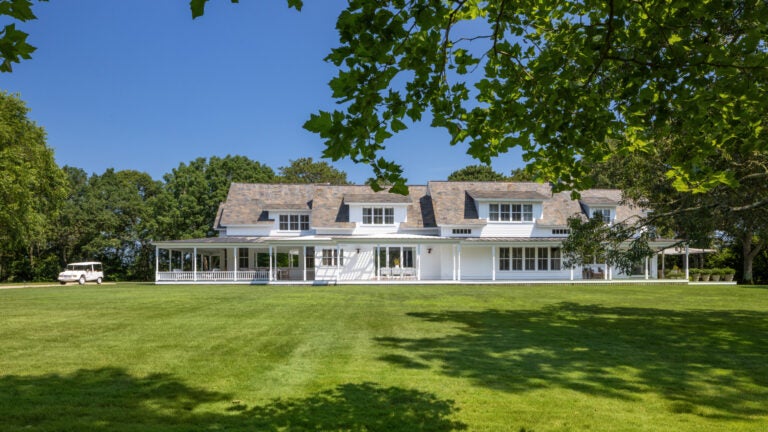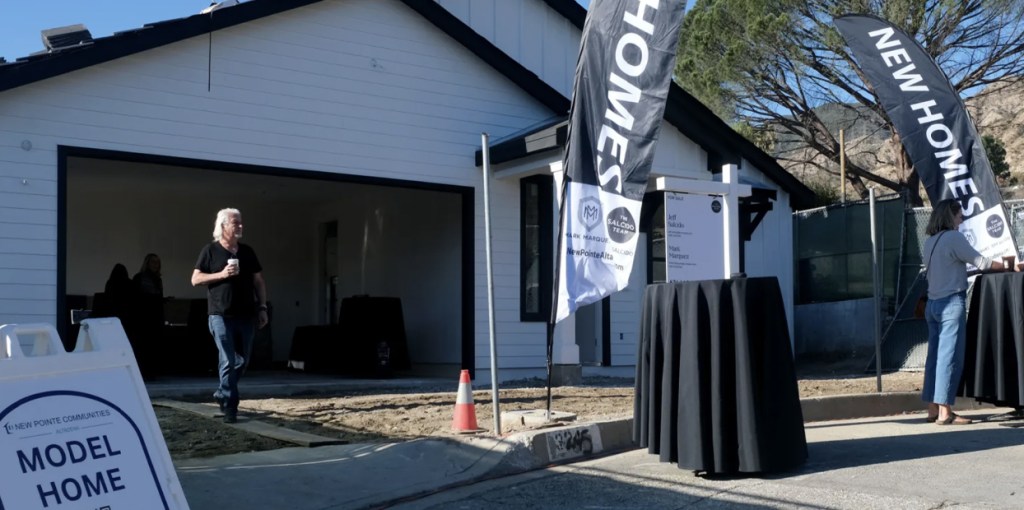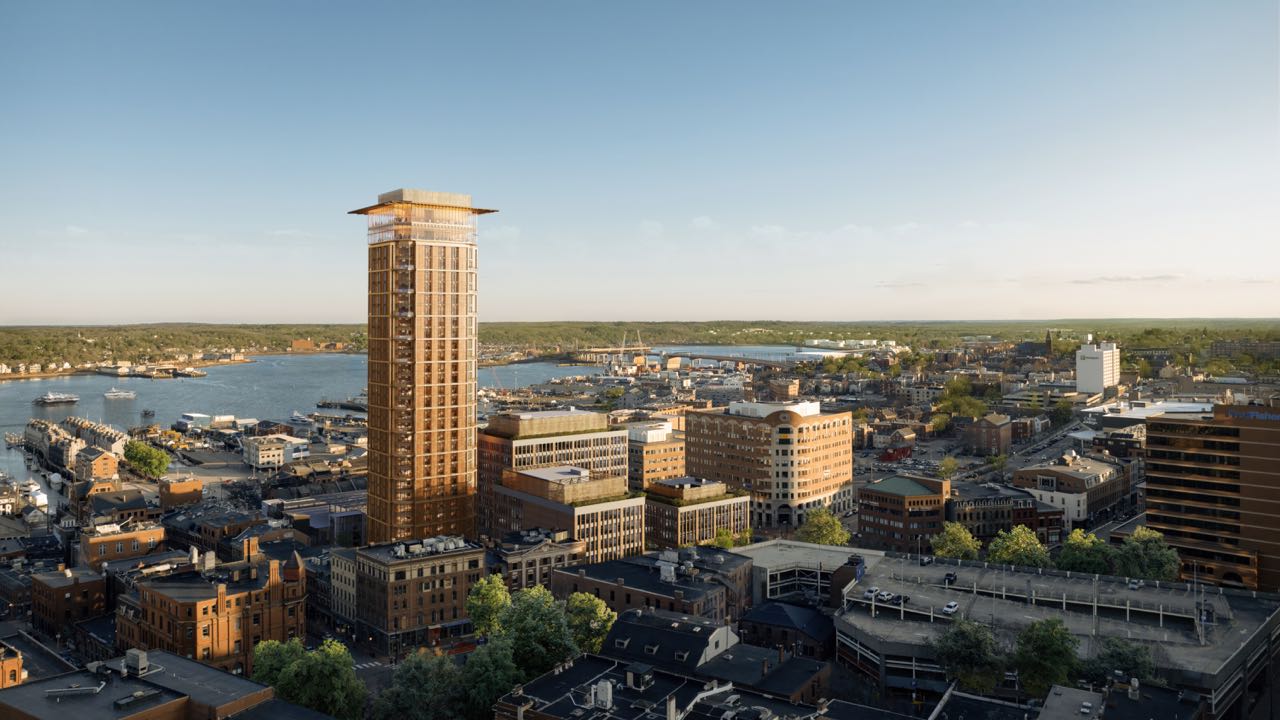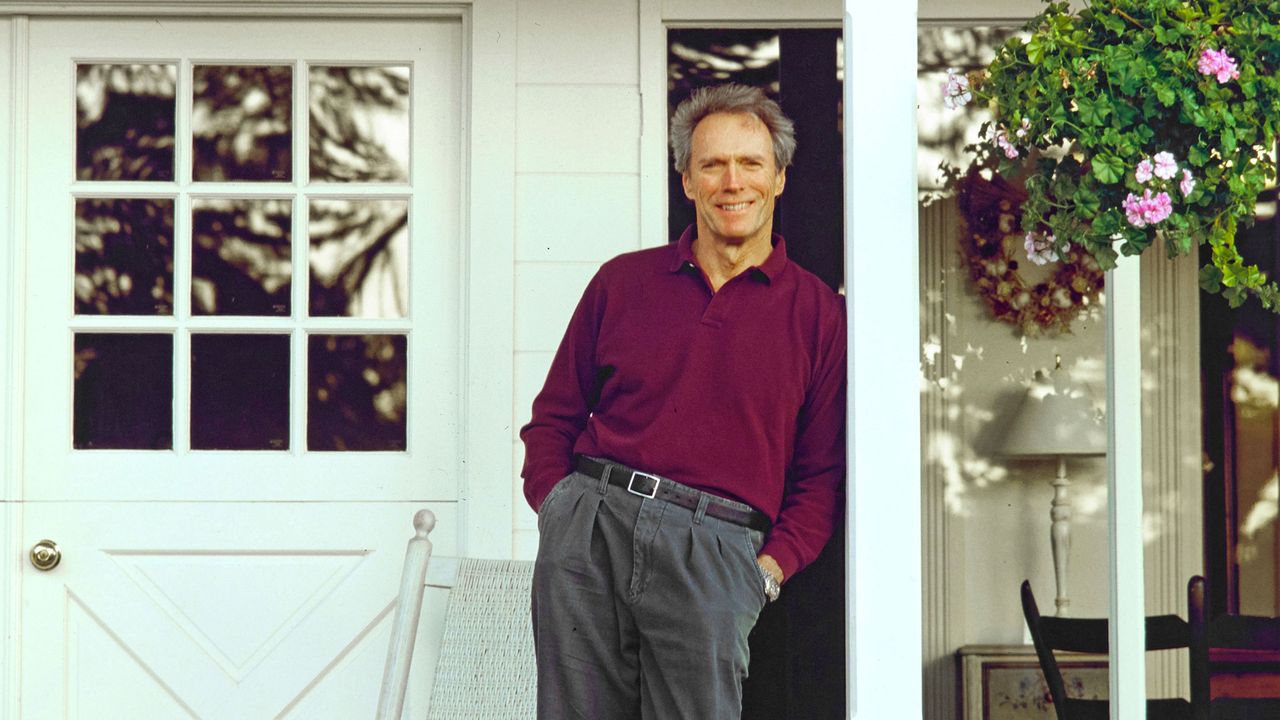T
he city of Long Beach has launched a program to support homeowners in building accessory dwelling units, also known as granny flats. The Backyard Builders Program will provide up to 10 eligible homeowners with a 0 percent interest, 30-year loan of up to $250,000 to design and build an ADU on their property. In exchange for the financial assistance, homeowners must agree to rent their ADUs at an affordable rate to individuals or families who meet income limits.
The program will also offer project management assistance to guide homeowners through the design, permitting, construction, and lease processes. Priority will be given to homeowners who commit to renting their ADUs to households with a voucher from the Housing Authority for at least five years. This initiative aims to provide more affordable housing options in Long Beach, which is required by the state to construct over 26,000 new units by 2029, including half that are affordable for low- and moderate-income residents.
To be eligible, applicants must own and occupy a single-family home or a multifamily home with up to four units in Long Beach. Loan payments will not be required during construction, and no interest will accrue as long as the ADU is rented at an affordable rate. After the initial affordability period, interest rates will increase to 3 percent. Applications for the program are accepted until November 30.
